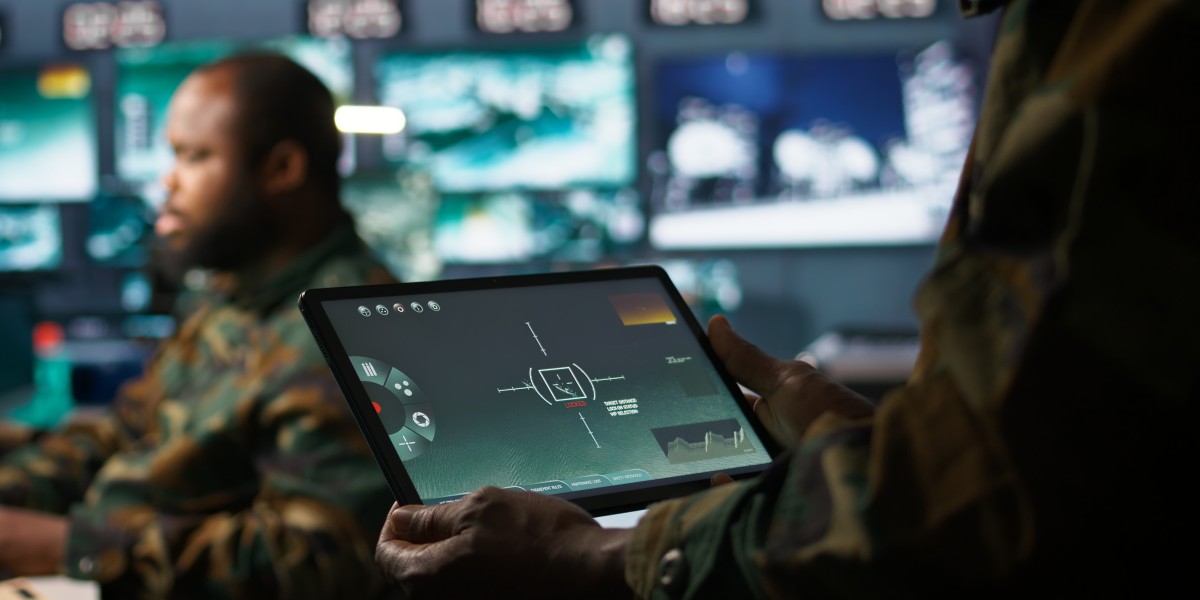As maritime operations become increasingly technology-driven, performance monitoring systems have emerged as a cornerstone of efficient and safe vessel management. These advanced tools provide real-time insights into fuel consumption, engine health, and voyage efficiency. However, the success of these systems depends not just on technology but also on the people operating them.
Understanding the interplay between human factors—such as training, behavior, and team dynamics—and technology is crucial for optimizing vessel performance. Let’s explore how the human element shapes the effectiveness of performance monitoring in the maritime industry.
Bridging the Gap: Humans and Machines at Sea
While performance monitoring systems automate data collection and analysis, they cannot replace human intuition, experience, and decision-making. These systems function as an extension of the crew's capabilities rather than a substitute.
From Alerts to Actions
Monitoring systems can flag anomalies like increased engine vibrations or inefficient fuel use. However, the onus falls on the crew to interpret these alerts and determine the best course of action. Their expertise ensures that technical recommendations are contextualized to real-world conditions, such as weather changes or port-specific challenges.
Navigating the Learning Curve
Introducing new monitoring technologies often requires a cultural shift onboard. Crew members must adapt to updated workflows and responsibilities. This adaptation is smoother when operators invest in clear communication and practical training sessions tailored to the system in use.
The Role of Crew Training: Building Confidence and Competence
Comprehensive training is the foundation of effective system usage. Without a skilled crew, even the most advanced technology can fall short of its potential.
U nderstanding the Systems
Training programs should ensure crew members are comfortable with the specifics of their vessel’s monitoring tools. This includes learning to:
- Navigate dashboards and interfaces.
- Set and adjust operational thresholds.
- Identify false positives or common system errors.
Simulation-Based Learning
Realistic simulations can prepare crews for high-stress scenarios. For instance, they might practice responding to a system alert signaling a potential engine failure mid-voyage. This type of hands-on training enhances confidence and improves response times.








